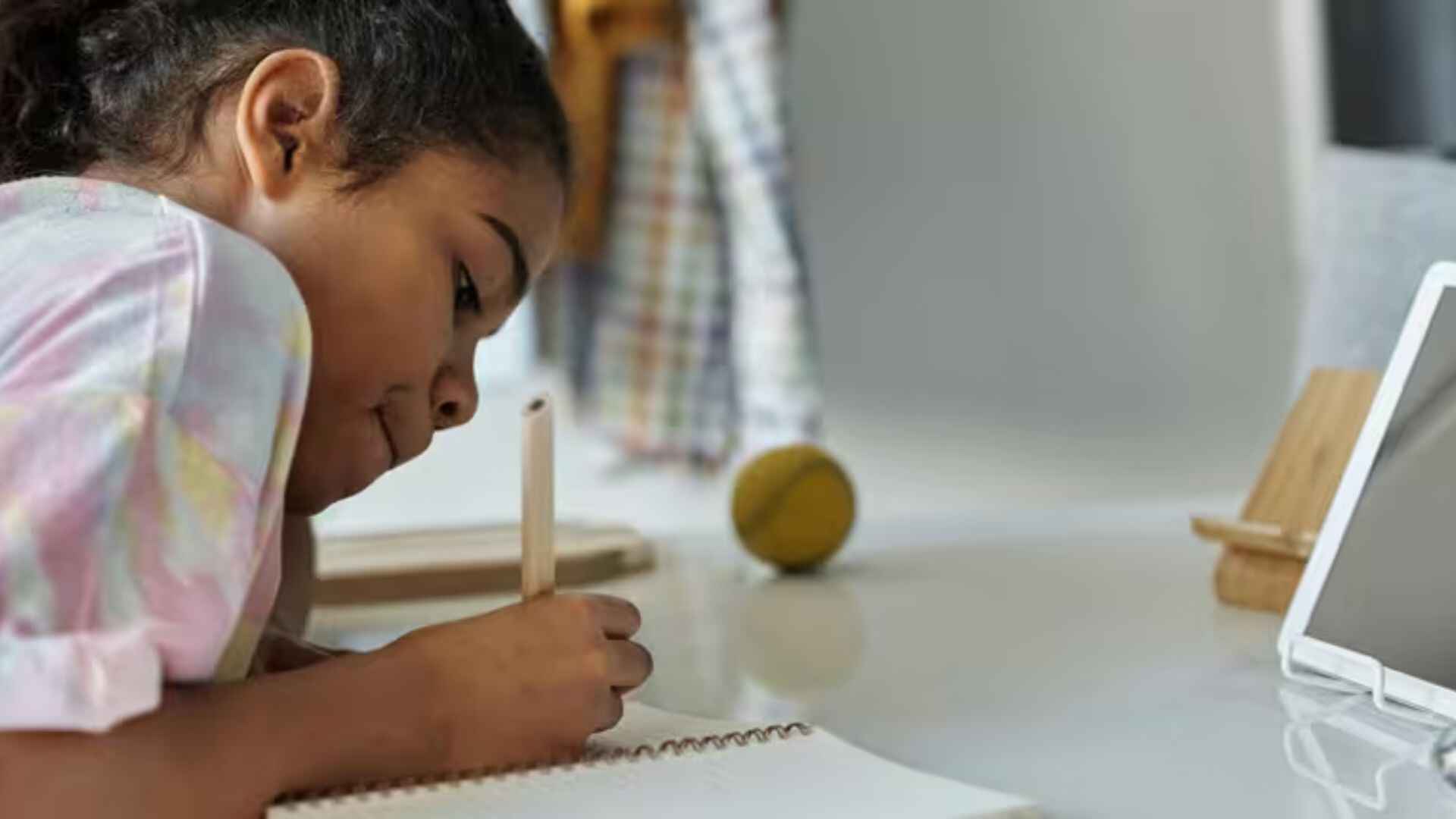
Covid-19… lockdown… quarantine… pandemic… work from home… online classes… social distancing… new normal… These are some new words and phrases that were introduced to us this year and forever changed our lives! What began as fear of the unknown soon turned into a reality where we had no choice but to adapt. Some changes were obvious — work from home, online schooling, closure of entertainment avenues, online shopping, restrictive lifestyle choices and travel ban. Some changes though were unseen, unexpected and hit us worse than the others — living with family 24×7, confinement within a restricted space, keeping children entertained and occupied, no social interactions, fighting for privacy, personal time and space, financial instability, health concerns and an uncertain future.
Yes, there was an initial euphoria. The family was together, everyone was home and excited about being there for each other. What mattered was being well-stocked with essentials, eating healthy home-cooked meals, and bonding. Children had access to parents and didn’t need to vie for their attention. It was relaxing for parents too that children didn’t need to be woken up early to catch the school bus or be taken to extracurricular classes and tuitions. More importantly, living behind locked doors meant being safe and healthy.
Yet, something didn’t feel quite right. It was unsettling to realise that now each one was on their own! It was equally frightening that everything that we’d taken for granted was suddenly gone. And without a warning, we’d lost control over our well-planned lives. We were being forced to accept this inevitable with no clear end date in sight. Suddenly, the future felt out of reach.
Work from home (WFH) is a mindset.
The initial focus and acceptance of WFH were to establish the need for continuation and bring back normalcy. But over time, we missed the daily physical interactions, tea breaks, gossips, networking opportunities, appreciation of work well done, the commute and a sense of the collective. We began to feel isolated, disillusioned and self-doubts left us incapable of dealing with what was happening. With fears of impending job and pay cuts, we became overly sensitive about proving our commitment towards the work and company.
The home was a safe haven, no more!
Relationships change over time and especially under duress. With WFH every family member was vying for the same resources and online access. It meant managing children, their playtime, studies, and well-being. Their lives too had changed. It was a struggle to understand their difficulties. Then there was the elderly parents and in-laws, our crucial support system. Their constant physical presence made it difficult to escape their expectations and influence. We had to give up remotely managing everything from office or passing on the baton of responsibility and blame onto our spouses. Continued differences with them made us feel unheard, misunderstood, disrespected and lonely. Also, personal time and space became a challenge making us angry, tired and irritated.
As a culture, having house help is a basic need and entitlement. But lockdown, quarantine and social distancing meant that all the household responsibilities began to rest on us. With the blurring of roles, tempers flared as family members started resisting these changes.
No time to prepare
When we’d ushered in the New Year, it was with expectations, resolutions, wishes, and hope for a better tomorrow. Just like we would every New Year. Yet the shock of the suddenness with which the pandemic and ensuing lockdown had completely taken over our lives, it gave us no time to prepare! Neither did we get time to grieve the losses we felt. Our old ways of coping became ineffective. Worry and stress are a part of daily living. But panic set in when these worries changed form.
Uncertainty about the future, career prospects, plummeting investments and purchasing power suddenly threw us years back financially as for many, our net worth took a nosedive. We kept trying to normalise these fears and find ways to address them. What we didn’t bargain for is that we were indeed afraid for our present, our today — trying to do everything not to feel that fear wasn’t helping as it was no longer about the elusive ‘happily ever after, future.’
Spending so much time with family, we were struck with the painful acceptance of all the battles waging within us. Most of these were the same old struggles that we had always fought. They hadn’t gone away when we were busy or engaged but remained within. Yet before we had the option to escape from them intermittently under the guise of work, travel, and social commitments. But now there was no respite making them even more noticeable. Ironically, we judged ourselves for feeling this way and not enjoying this ‘godsend’ family presence and time. We questioned our commitment to these relationships. We felt guilty.
Even as many of us today, are lucky to be safe from being tested Covid positive, the rippling effect of the pandemic has seeped into our entire being. While living life on crisis management mode, the one question that continued to create havoc is – what is there to look forward to?
The answer lies in stopping the struggle, acknowledging and articulating our fears and how they’re making us feel within — about ourselves, our abilities, our children, families and our lives. We know our realities the best but really need to trust and permit ourselves to seek professional mental health support to navigate through this phase, address these challenges and map out their impact on our individual lives.
The ‘new normal’ is still evolving. Right now, in the short term, the aim must be to survive the pandemic while gradually working on the long-term goal to rebuild our lives.
The writer is a mental health counsellor and blogger















